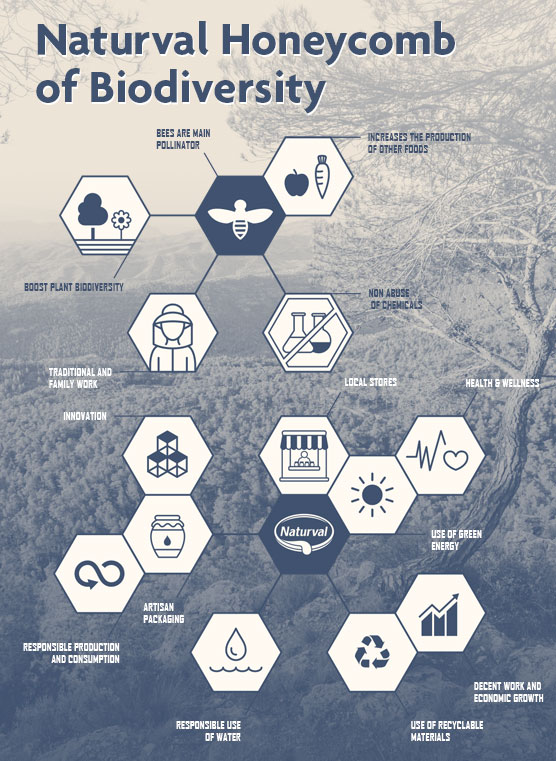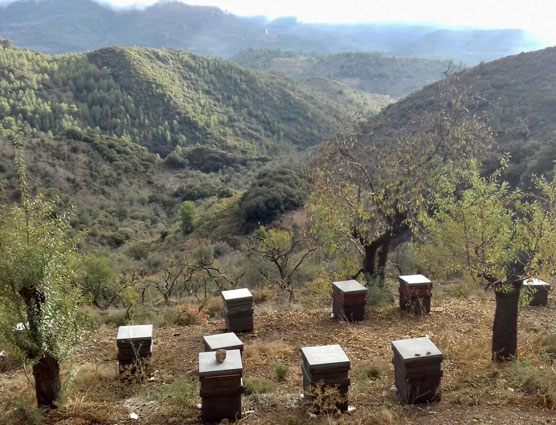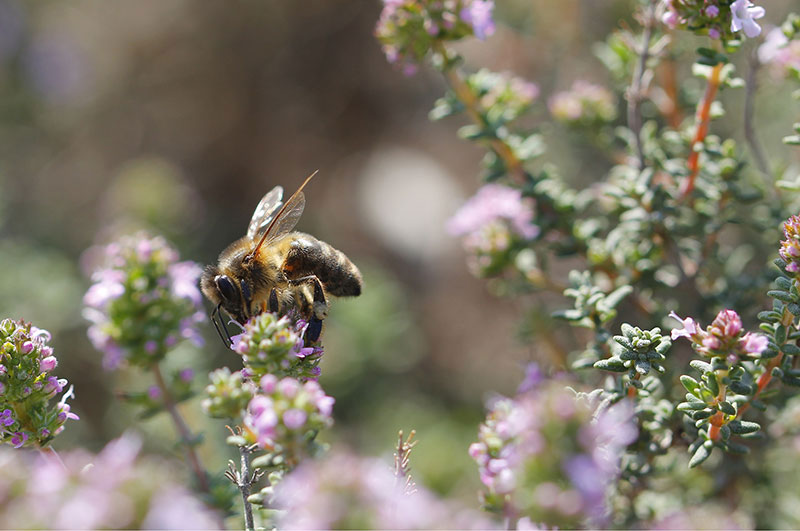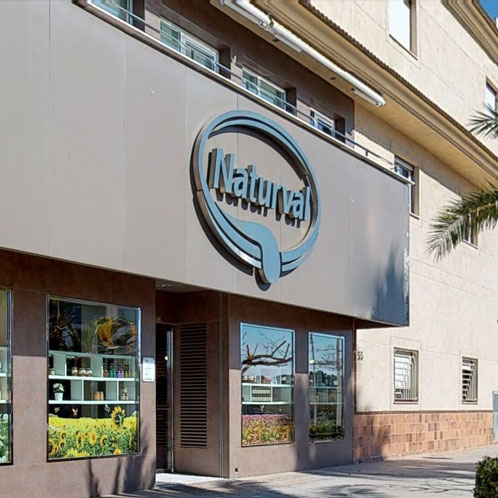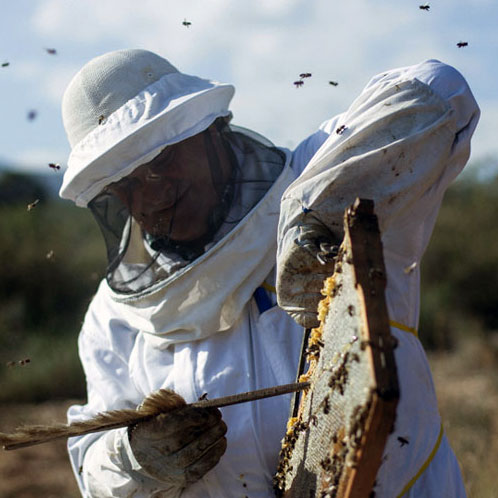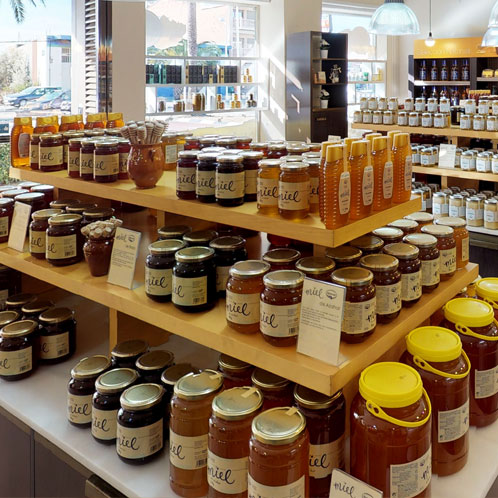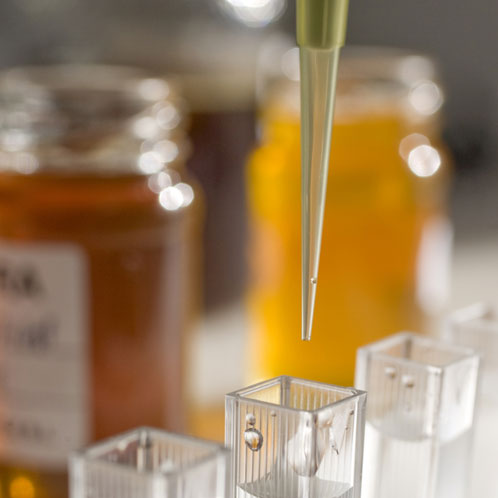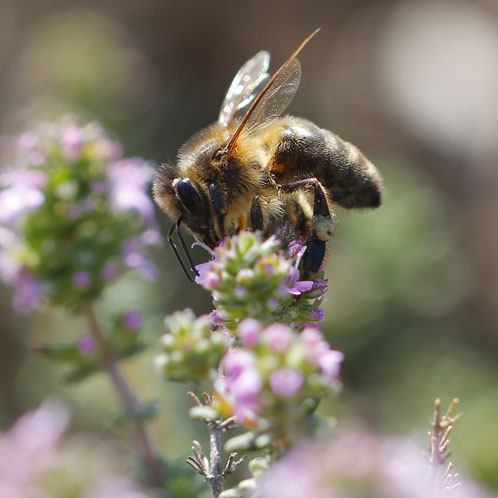At Naturval Apícola S.L.U. we pay special attention to the role that companies have with respect to Corporate Social Responsibility (CSR) and to the actions related to its proper compliance. That is why we recognize its importance in the success of the company, in order to maintain the trust of our customers, our employees, suppliers and all the parties involved.
We are committed to supporting and applying the fundamental principles in the field of Human Rights, working conditions, the fight against corruption and / or fraud, as well as protecting consumers and our environment.
For this reason, we form part of the group of companies registered in the “Code of good practices in food contracting” and in the following document we want to publicize and share our values and commitments in this regard.








